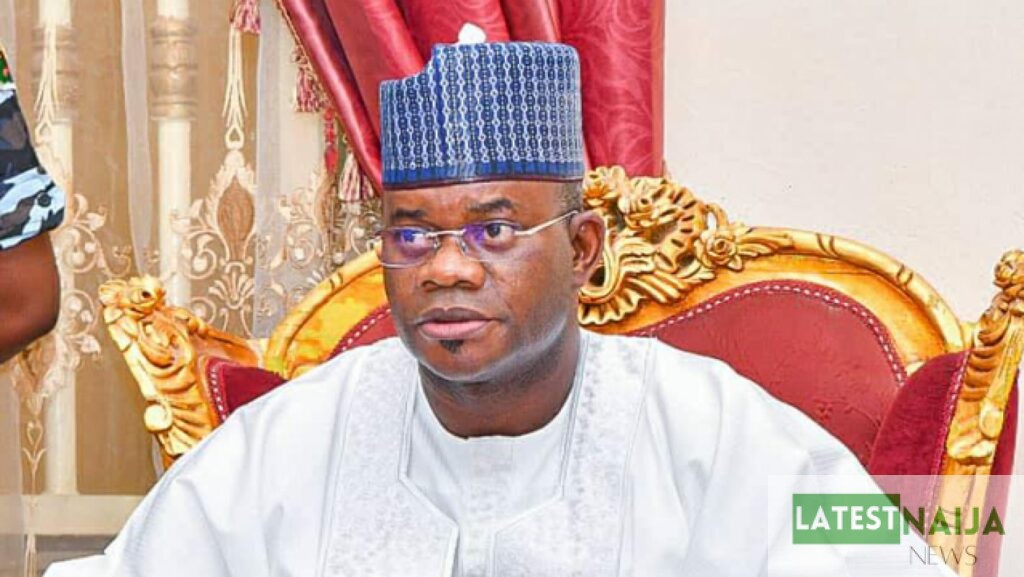
Former Kogi State Governor Yahaya Bello and two others, on Wednesday, pleaded not guilty to a 16-count charge leveled against them by the Economic and Financial Crimes Commission (EFCC). The charges, which include alleged corruption and mismanagement of funds, were read before Justice Maryann Anenih of the Federal Capital Territory High Court.
Court Proceedings Begin
Bello, who appeared as the first defendant, firmly denied the allegations when the charges were read out by the court registrar. His counsel, J.B. Daudu (SAN), promptly filed a motion for bail after the pleas were taken.
However, EFCC counsel Kemi Pinheiro (SAN) opposed the bail application, arguing that it had expired in October. She further urged the court to commence the trial immediately, signaling the anti-graft agency’s readiness to call its first witness.
In response, Daudu clarified that the only relevant bail application before the court was submitted on November 22. He emphasized that the motion was well-supported with a written address and a public summons to demonstrate Bello’s willingness to respect the judicial process.
“Exhibit A, which is the public summons, is very vital, and the appearance of the defendant in court today shows he has respect for the law,” Daudu stated.
Defense Seeks Time to Prepare
Bello’s defense team argued against the immediate commencement of trial, citing inadequate preparation time after receiving the charge late on November 26. They requested a brief adjournment to ensure proper legal representation for their client.
Daudu also asserted that under Nigerian law, a defendant is presumed innocent until proven guilty, noting that Bello had the right to liberty while awaiting trial. He urged the court to dismiss objections based on unrelated cases pending at the Federal High Court.
“The prosecution’s objection is based on the fact that he is facing charges at the Federal High Court and has refused to appear to take his plea,” he said. “The court should not use issues from another court to determine issues before the FCT High Court.”
Prosecution Counters Defense Claims
The EFCC, however, maintained its stance, arguing that Bello’s application lacked competence and failed to align with judicial principles. Pinheiro further pointed out that the defense raised jurisdictional issues, which must be resolved before the case could proceed.
“It is not within the jurisdiction of this court to entertain matters arising from another court. The objections raised are without merit,” the EFCC counsel insisted.
Background and Developments
The two co-defendants, Umar Shuaib Oricha and Abdulsalami Hudu, had previously been granted administrative bail by the EFCC. Bello, however, appeared in court for the first time on Wednesday, marking a significant development in the corruption allegations against him.
Justice Anenih is expected to rule on the bail application in subsequent proceedings as the case draws widespread attention for its implications on governance and accountability in Nigeria.


Comments are closed.